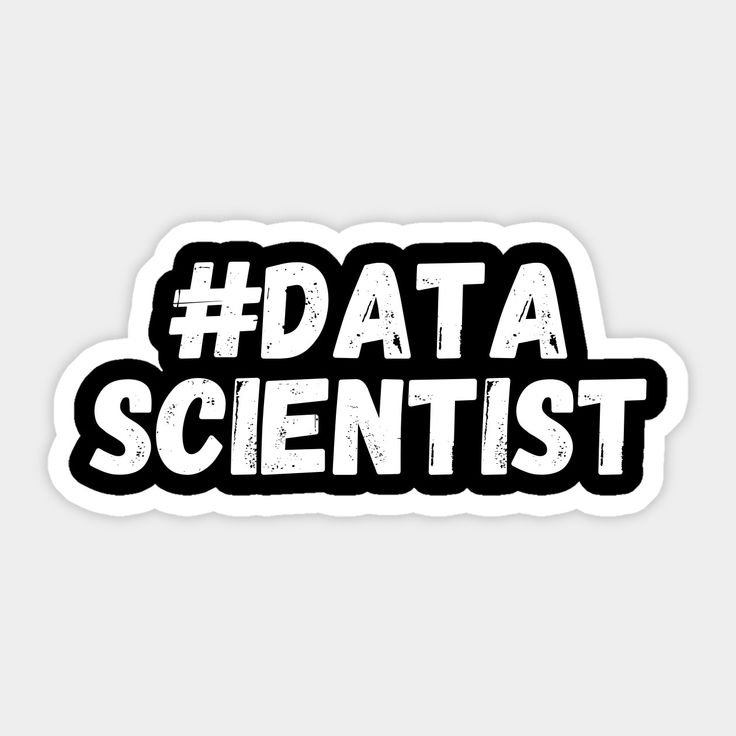Mathematics forms the backbone of understanding and applying machine learning (ML) concepts effectively. Whether you’re new to the field or looking to deepen your knowledge, here’s a comprehensive roadmap to mastering the essential mathematical foundations for machine learning.
1. Foundational Concepts
- Linear Algebra: Start with matrices, vectors, matrix operations (addition, multiplication), linear transformations, and eigenvalues/eigenvectors. Understanding these concepts is crucial for tasks like dimensionality reduction (PCA) and understanding neural networks.
- Calculus: Focus on differential calculus (derivatives, gradients) and integral calculus (integrals). This knowledge is essential for optimizing ML algorithms through gradient descent and for understanding concepts like activation functions in neural networks.
- Probability and Statistics: Study probability theory, random variables, distributions (normal, binomial, etc.), and statistical measures (mean, variance). This knowledge is vital for modeling uncertainties in data, evaluating model performance, and understanding probabilistic models.
2. Learning Resources
- Online Courses: Platforms like Coursera, edX, and Udacity offer courses specifically tailored to mathematics for ML, often taught by experts from academia and industry.
- Textbooks: Recommended textbooks include “Linear Algebra and Its Applications” by David C. Lay, “Pattern Recognition and Machine Learning” by Christopher Bishop, and “Deep Learning” by Ian Goodfellow, Yoshua Bengio, and Aaron Courville.
- Video Tutorials and Lectures: YouTube channels like 3Blue1Brown and MIT OpenCourseWare provide intuitive explanations and in-depth lectures on mathematical topics relevant to ML.
3. Practical Applications
- Coding Exercises: Implement mathematical concepts using Python libraries like NumPy, SciPy, and TensorFlow. Practice coding exercises that involve matrix operations, gradient computations, and statistical analysis.
- Kaggle Competitions: Participate in Kaggle competitions to apply mathematical concepts in real-world ML problems. This hands-on experience will deepen your understanding and highlight areas for improvement.
4. Continuous Practice and Review
- Problem-Solving: Regularly solve mathematical problems related to ML, such as deriving gradients for different loss functions or solving eigenvalue problems for matrix decomposition techniques.
- Review and Reflect: Consolidate your learning by reviewing concepts periodically. Reflect on how mathematical principles influence ML algorithms and their applications.
5. Collaboration and Community
- Online Forums: Engage in discussions on platforms like Stack Overflow, Reddit (e.g., r/MachineLearning), and specialized forums where you can seek help, share insights, and learn from others.
- Peer Learning: Join study groups or attend local meetups with fellow enthusiasts or professionals in the ML community to exchange ideas and gain different perspectives.
Conclusion
Mastering mathematics for machine learning is a journey that requires dedication, practice, and a structured approach to learning foundational concepts. By leveraging quality resources, engaging in practical applications, and fostering a supportive learning environment, you can build a solid mathematical foundation essential for advancing in the exciting field of machine learning. Embrace curiosity, persistence, and a willingness to challenge yourself as you embark on this rewarding educational path.





